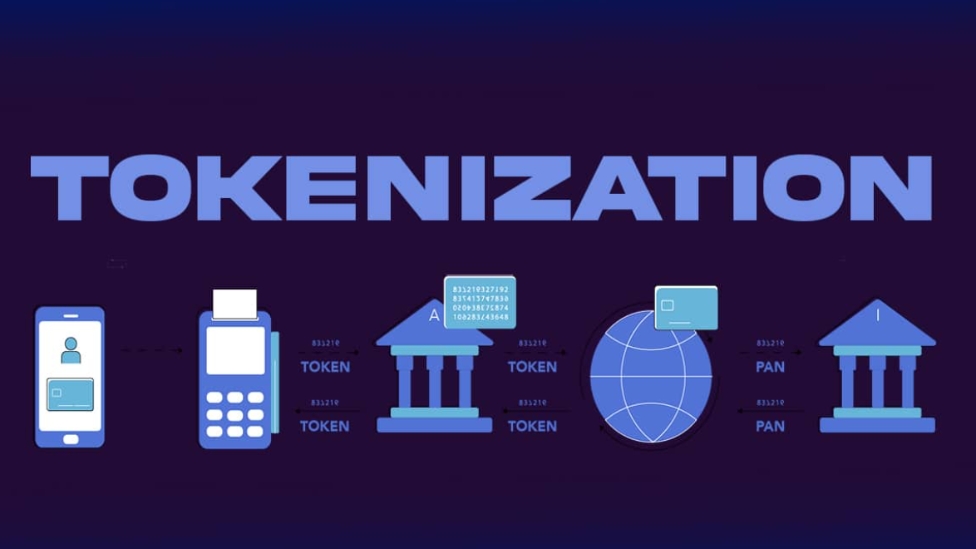Change-Driven by Emerging Technologies
The Reserve Bank of India (RBI) has emphasised how the financial environment is changing due to technological breakthroughs like blockchain, AI, and ML as well as the emergence of new financial products like tokenised assets. Policymakers have been challenged by these developments to maintain vigilance and create regulatory frameworks that strike a balance between systemic stability and innovation.
At the “High-Level Policy Conference of Central Banks in the Global South,” RBI Deputy Governor M. Rajeshwar Rao said that while technology has greatly benefited society, it has also created a complicated environment. This calls for striking a careful balance between encouraging creativity and upholding caution.
Central Banks Working Together to Address Issues
As part of the RBI’s 90th anniversary celebrations, the conference aimed to foster discussion on common issues amongst central banks in the Global South. Rao pointed out that the financial industry is changing due to blockchain-supported procedures, AI/ML applications, and new players including BigTech and FinTech companies. He underlined that in order to guarantee systemic resilience without impeding advancement, policymakers must take the initiative.
Growing Fraud Risks and Digital Transformation
In addition to spurring economic progress, India’s digital push has resulted in an unparalleled rise in digital payment fraud. In FY2023–24, digital payment fraud was ₹14.57 billion ($175 million), with internet and card-based thefts making up almost 80% of the incidents, according to the RBI’s annual report. This dramatic increase emphasises the necessity of strong security measures in addition to digital growth.
Increasing Digital Payments’ Resilience
The RBI is developing a “Digital Payments Intelligence Platform” to prevent fraud and safeguard digital payments. This program seeks to identify and reduce fraud risks by utilising cutting-edge technologies. Today, approximately 160 billion transactions, totalling ₹2400 trillion, are handled annually by India’s digital payment infrastructure.
Rao pointed out that during the past five years, transaction volumes have increased tenfold, demonstrating the importance of the Unified Payments Interface (UPI) in propelling digital growth. Ensuring security and efficiency becomes a crucial priority as UPI grows both domestically and abroad.
AI and Blockchain: Foundations of Financial Development
With new applications appearing every day, the RBI is utilising blockchain technology for the e-rupee, the central bank digital currency (CBDC). The technology is anticipated to be crucial to India’s future in digital finance, even though the exact implementation schedule is still unknown. Furthermore, the banking industry is seeing a surge in the use of AI, with both public and private organisations implementing AI-powered solutions to improve operations.
The Future of Innovation and Regulation
The RBI has emphasised the significance of regulated businesses handling numerous priorities as financial systems become more complex. These include guaranteeing strong KYC standards, bolstering cybersecurity, speeding up digitalisation, and upholding top-notch customer service. Rao’s comments highlight the difficulties central banks have in keeping up with the quick changes in technology while maintaining economic stability.
To sum up, the RBI’s proactive stance towards digital innovation and emerging technologies highlights its dedication to promoting growth while reducing risks, guaranteeing that India stays at the forefront of the global digital economy.




























